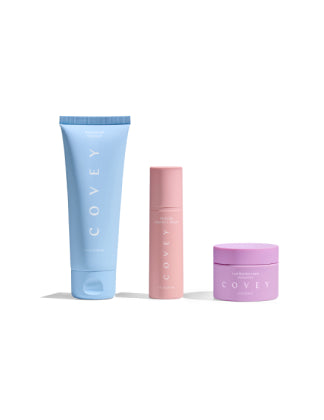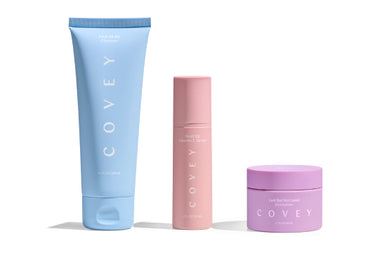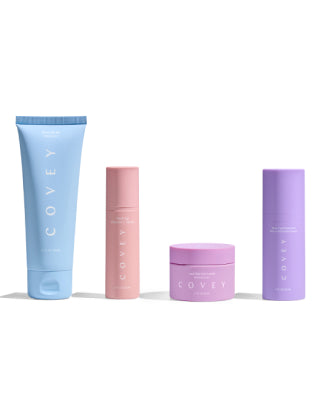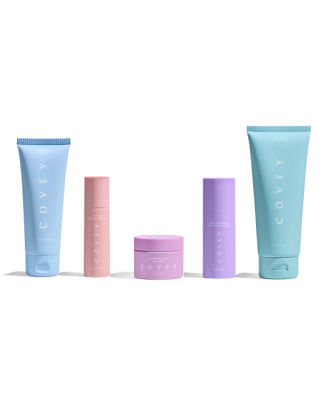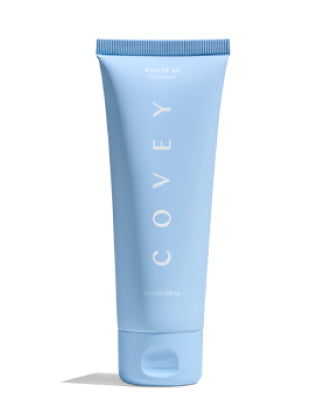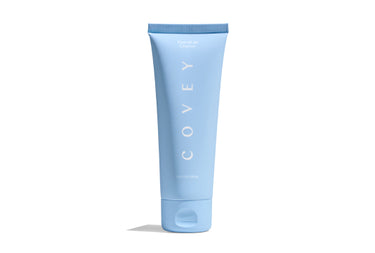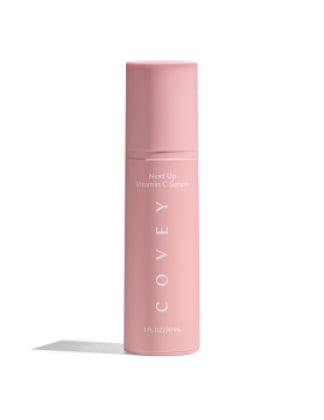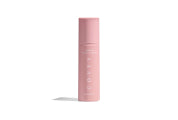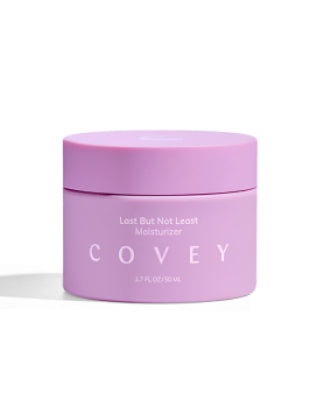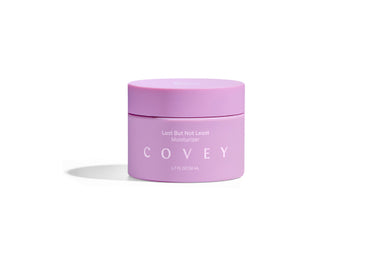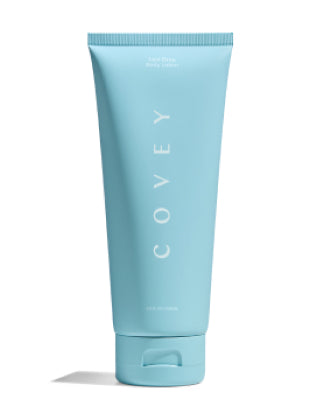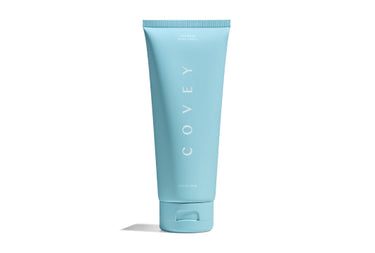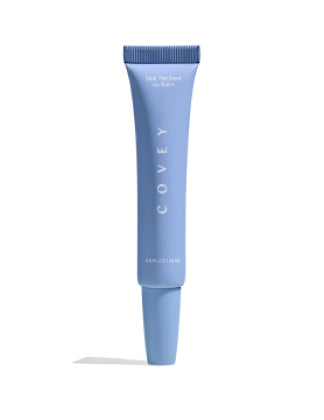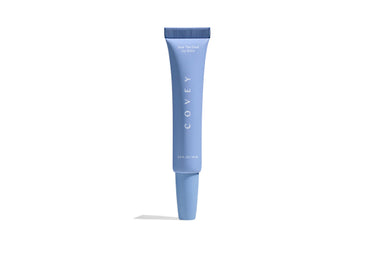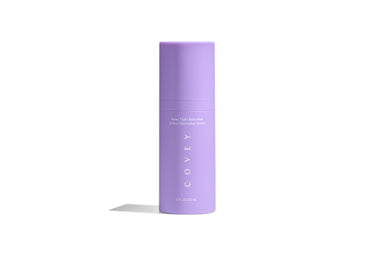
Investigating TikTok's De-Influencing Trend: Why It Matters for Skincare
Scrolling through #skintok lately, you’ve likely noticed a refreshing trend gaining momentum: de-influencing.
In a world where influencers use their platforms to boost sales of particular products or brands— there’s usually a trendy product or two each week that dominates your FYP — the deinfluencing movement is all about taking a step back from overconsumption to embrace a minimalist, mindful approach.
This doesn’t just apply to skincare and beauty, either. You’ll see the de-influencing trend apply to pretty much every corner of the internet, from fast fashion to random household items to cookware.
Deinfluencing gives consumers a moment to think critically around the culture of over-consumption and “more is more.” We’ve all seen the restocking ASMR videos where people have drawers full of novelty products. While these creators likely don’t mean any harm, it’s important to note that owning five of the same thing isn’t always rooted in the right reasons.
What is De-Influencing?
De-influencing pulls back the curtain on what’s hot on social media to reveal that no, you don’t need the newest, shiniest products out there.
Surprise, surprise: not everything you see on social media is as it seems, and no matter how influential they may be, influencers are not always the ultimate authority on skincare. They might be getting products for PR, using them once or twice, and then promoting them in a video.
De-influencing cautions people to consider these realities, and encourages individuals to do their own research, listen to their skin, and make informed decisions about their skincare routine based on their unique needs (and preferences!)
@coveyskin Skinminalism > everything else! ✨🕊️ Instead of focusing on a 12+ step skincare routine, replace it with a minimalistic yet effective routine that will leave your skin feeling better than ever! #coveyskin ♬ Rich Flex Carter Walsh Remix - CarterWalsh
What De-Influencing Is Not
While it’s common to see videos tagged about de-influencing that also talk about “dupes” and replacement products, the best way for influencers to participate in the movement is to question why they are recommending products.
More and more people are questioning why certain products go viral and why the industry assumes that certain ingredients work for everyone. For content creators, remember it's better to direct followers to talk to their derm or ask questions than promote language like "Run, don't walk to buy xyz product!"
@altarboy420 Im spiraling #deinfluencing #estheticiantiktok #skincareregimen ♬ original sound - niamh
4 Tips to Make More Mindful Purchases
At the heart of the de-influencing movement is the desire to help people buy fewer products and curb their spending. Shopping addictions and emotional shopping have increased since the pandemic, and it's important to remember that shopping won't address the root issue or feeling. Here are few tips to make intentional purchases whenever you shop (for skincare or in general):
1. Question the Hype
We're apparently looking at anywhere from 4,000 to 10,000 ads per day, according to research, and apps like TikTok and Instagram no doubt are huge contributors to that number.
When things go viral, ask yourself a few questions like:
- Why do I think this is going viral right now? Is the packaging beautiful? Are the ingredients trendy?
- What's my current routine like, and is it working well for me?
- Do I need another skincare product right now?
2. Do Your Own Research
Sometimes, doing a deep dive on a cool brand or product is just as fun and satisfying as purchasing the item. You'll learn something new and discover other people's reviews and opinions in the process. For example, if you're seeing a viral product has jojoba oil, and jojoba oil makes you break out, you'll want to research the full ingredient list to better understand how it might affect your unique skin.
3. Institute a 24-Hour Rule Before Buying
Leaving a shopping tab open for a little while never hurt anyone! If you're still thinking about what's in your cart the next day, then it may be something you really need or want. Of course, this advice doesn't apply to necessities, but food for thought when you're skincare buying or other discretionary spending.
4. Donate and Recycle On the Reg
Recycling your empties and donating unused products — or gifting them to your friends! — is an easy way to to declutter your skincare shelf and get rid of products you aren’t likely to use. Because skincare expires and often needs to be used within 3-6 months of purchasing, holding onto or hoarding tons of products isn’t the best idea and will reduce the efficacy of your routine.
The Wrap Up
De-influencing is all about empowering individuals to be more discerning, playful, and authentic in their skincare journey. Plus, consistency is key in seeing results from any routine!
As a small skincare brand, Covey believes in developing a simple, effective routine for all skin types in close collaboration with skincare scientists and dermatologists. Our OG Routine is only three steps to encourage you to make decisions about your skin based on what’s easy and sees results.
We don’t push 12-step routines or feature ineffective or poorly-tested products, because we know that intentional skincare buying — not just reacting to what kinds of products go viral — is better for both our Covey clan and the planet.
Join the simple skincare movement with Covey.
(P.S. We also offer subscriptions — you can reup your Covey routine every 30, 45, or 60 days — to help you stay in stock of your favorites and shop intentionally instead of chasing the latest viral product.)


